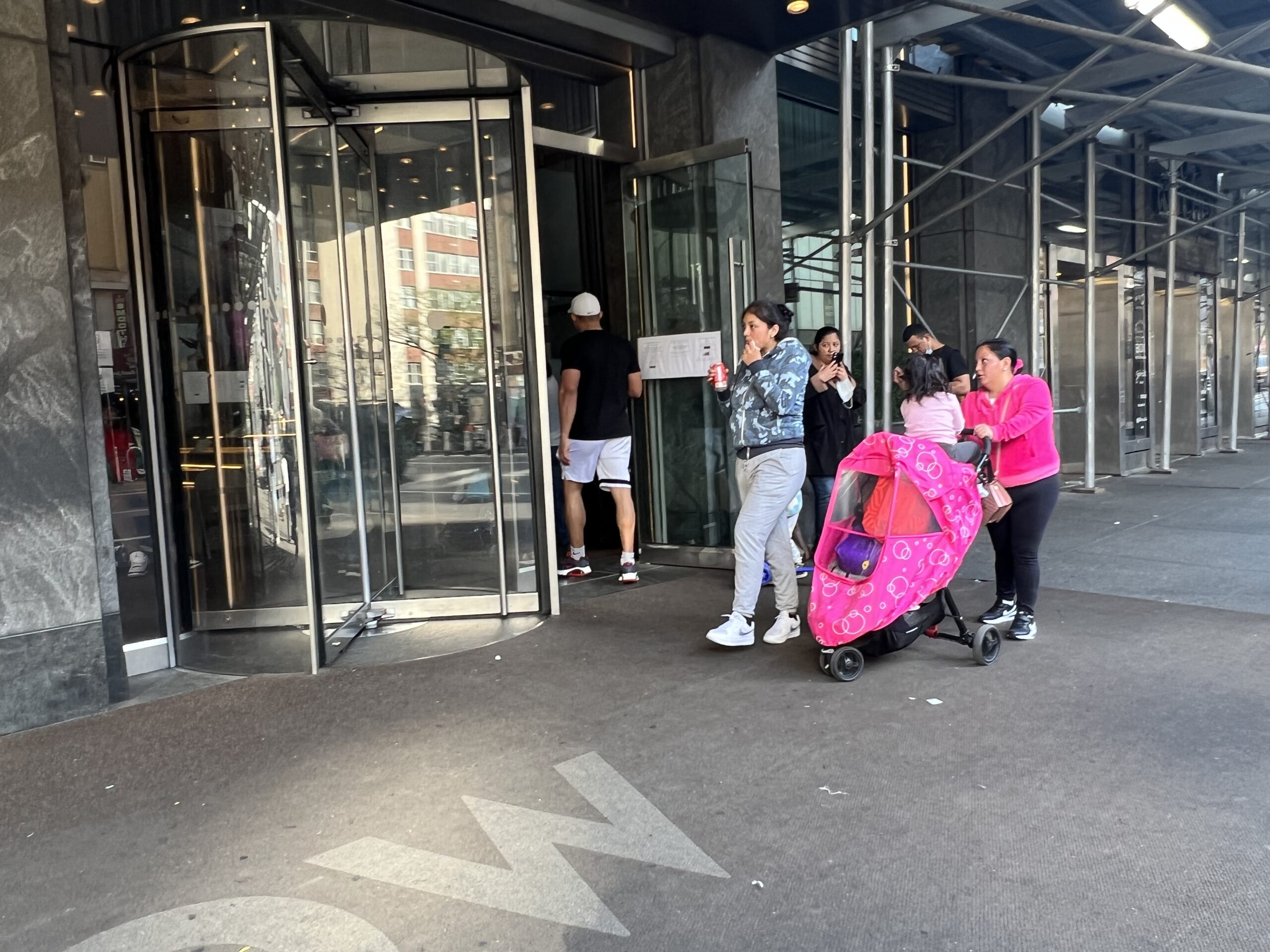The more than 919 hotels that currently exist in the Big Apple have not yet achieved the occupancy levels they used to have before the COVID pandemic, but they continue to represent millionaire income to the City, not only on account of general taxes but also the so-called occupancy tax, which was approved in 2009 and has been applied to guests, with the exception of one quarter in 2021.
And although this additional amount, established at 5.875% and which represents additional dollars in tourist accounts, according to the law would expire in November of this year, within the Municipal Council they are evaluating a legislative initiative that seeks to extend it from December 1, 2023 to December 1, 2027, so that the City continues to receive that item. In total, tourists must pay 8.875% tax plus the extra, which exceeds 14% in tribute.
For this reason, a hearing took place this Monday in the legislative body, where the Finance Committee heard representatives of the Municipal Administration who support the move and representatives of the hotel sector who reject that the tax on hotel room occupancy, which includes apartments, motels, boarding houses, clubs, places rented by applications, and other places of stay, be extended three more years.
“If the City Council does not approve this extension, we estimate an impact for the second half of fiscal year 2024, of $43 million and for fiscal years 2025, 2026 and 2027, of $91, $94 and $98 million respectively,” said Matthew Penfold, Deputy Commissioner for Real Estate Tax Research and Analysis, City Department of Finance. “As the City faces budget difficulties, maintaining the current hotel occupancy rate as a source of revenue will preserve significant profits, the hotels will be preserved without discouraging tourism, and the current cost will help ensure the city’s tax revenue. City that are sufficient to continue financing important public services.”
The official was questioned by the councilors who chaired the hearing about the current panorama of hotels in the Big Apple, and revealed that annually the Municipal Administration receives about $642 million from the additional occupancy tax, as well as $820 million from the property and $271 million in sales taxes.
He also highlighted that it is expected that in fiscal year 2024 the percentage of hotel occupancy in the Big Apple will be higher than in periods prior to the pandemic and that the 37,000 rooms currently offered by these places will be used.
Commissioner Penfold was also asked about how many hotels are currently off-limits to tourists due to new migrant occupancy, but he said he did not have that information at hand.
ViJay Dandapani, president of the Hotel Association, spoke on behalf of the industry and assured that extending the occupancy tax beyond November 2023 will have a negative impact.
“That tax imposed a great financial crisis and it should be noted that although it was said that it does not seem to affect New Yorkers directly, in fact it does affect them overwhelmingly in job losses, and will prevent us from recovering the lost jobs and the income that was lost. in the pandemic. In addition, there are still 25,000 fewer positions and hotel occupancy is 6% lower than in 2019,” said Dandapani.
Justin Brannan, Chairman of the City Council Finance Committee, listened to both parties and before closing the session said that without a doubt the hotel industry continues to navigate great challenges since the pandemic, while facing fewer staff, inflation costs and geopolitical issues.
